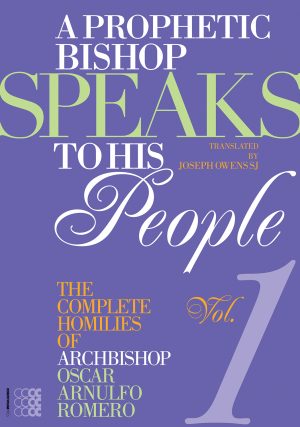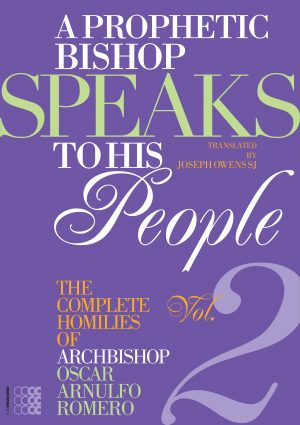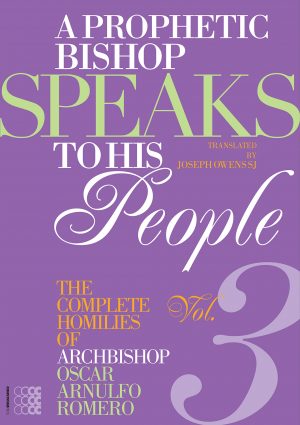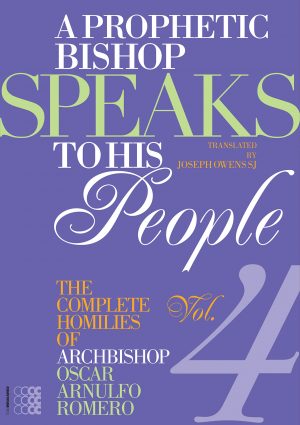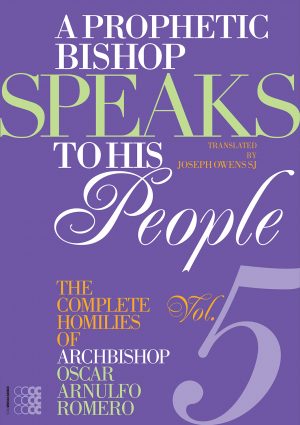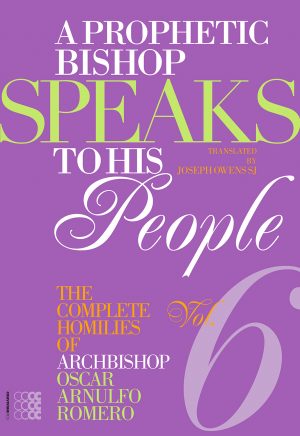Oscar Romero, born in Ciudad Barrios, on August 15th 1917, studied theology at the Pontifical Gregorian University in Rome and was ordained priest in 1942. He served the diocese of San Miguel for 25 years. In 1967 he moved to San Salvador as Secretary General of the National Bishops Conference. With little pastoral involvement he lived in the Jesuit run seminary and became speechwriter to the Nuncio. In 1970, appointed Auxiliary Bishop, he expressed frequent criticism of the social involvement of the clergy that had come in the wake of the Medellin Conference of the Continent s Bishops. In 1974 he was named to the rural diocese of Santiago de Maria and found himself once more caught up in the rural people s struggle for survival. In 1977 he was the surprise choice as San Salvador s new archbishop. Over three years he became the voice of the voiceless poor, speaking the truth about the violations of human rights and the exploitation of the poor. His weekly sermons were legendary and gave hope to the communities suffering terrible repression. He saw six of his priests and dozens of lay leaders assassinated by the security forces before he himself was gunned down at the altar as he celebrated a requiem mass on Monday March 24th 1980. He is venerated in Latin America and throughout the world as a Vatican II Bishop who made a fundamental option for the poor and gave his life for his people. He is already Servant of God Romero, the first step on the ladder to Sainthood. The cause for his Beatification was accepted in Rome in 1997. Ten years later Pope Benedict XVI stated that Romero himself merits beatification, I do not doubt. In that light the official recognition of Archbishop Romeros sanctity will surely be forthcoming.
